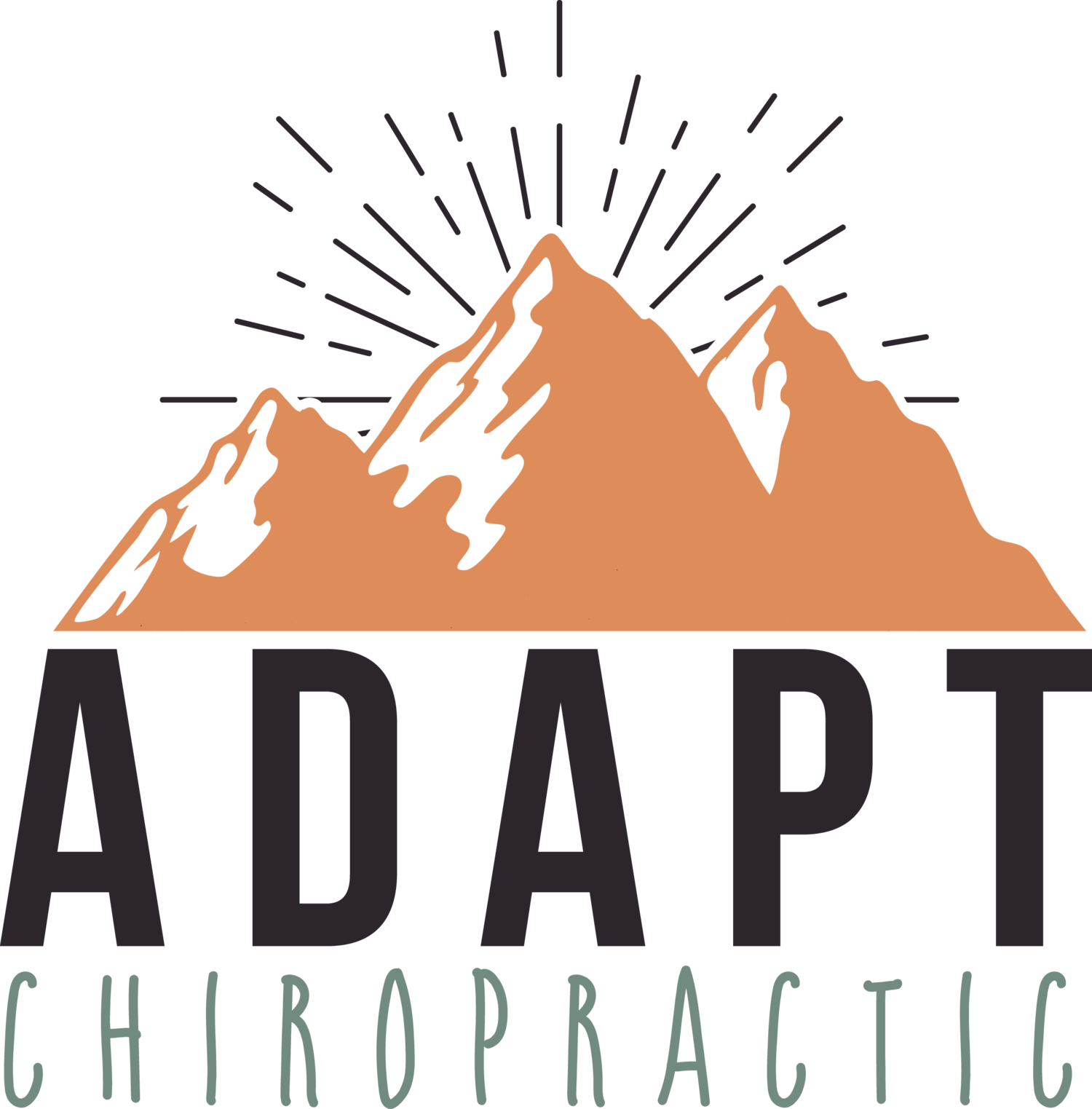Colic: Insights and Solutions for Exhausted Parents
Colic: Insights and Solutions for Exhausted Parents
As a parent, nothing can prepare you for the distress of seeing your baby cry inconsolably for hours on end. If your little one is crying for more than three hours a day and seems impossible to comfort, there is a good chance they are experiencing colic - a diagnosis that affects about 25% of infants, leaving many families feeling overwhelmed and helpless.
It’s important to understand that colic isn’t just regular fussiness or tummy troubles that babies outgrow. It’s not just gas pains, food sensitivities, or issues with tongue and lip ties. Instead, colic often stems from deeper neurological imbalances and disruptions in your baby’s nervous system signaling and digestion.
Research has shown that colic isn’t something babies grow out of and is a condition that requires attention and more understanding. It is in no way your fault as a parent, nor is it a reflection of something you’re doing wrong. Understanding colic as a neurological imbalance and dysfunction that disrupts aspects of an infant’s well-being, including sleep, digestion, and soothing mechanisms, can help you find the right care for your baby.
So, if you’re a parent who is overwhelmed by your baby’s persistent crying and you suspect there’s more to it than just typical infant behavior, this is for you. We’re here to offer insights beyond traditional medicine and to introduce drug-free solutions - Neurologically-Focused Chiropractic Care - that have helped numerous families find relief for their little ones.
Exploring Colic’s Root Causes
As mentioned, colic often originates from something called subluxation and vagus nerve dysfunction rather than just gas pains or food sensitivities. Subluxation refers to areas of misalignment and tension in the spine, while vagus nerve dysfunction can disrupt vital functions such as digestion, immune response, and relaxation. Understanding these underlying issues is crucial for effectively addressing colic and promoting your baby's well-being.
The Science Beyond Surface Symptoms
Colic affects approximately one in four infants, leading to prolonged crying episodes and challenges with traditional soothing methods. The origins of this neurological dysfunction can often be traced back to pregnancy. Maternal inflammation or a high-stress pregnancy can shift a baby's nervous system into a state of dysautonomia—where the fight-or-flight response dominates, affecting crucial functions like sleep and digestion.
During childbirth, birth trauma and interventions such as forceps, vacuum extraction, or C-sections can further exacerbate these issues. The upper neck and mid-back area, which house and protect the vagus nerve—a vital nerve responsible for sleep regulation, digestion, and relaxation—can experience misalignment and tension. This leaves your child's nervous system trapped in sympathetic fight-or-flight mode, hindering their ability to find comfort and calm.
The Road to Relief From Colic
The journey to understanding and addressing colic can be daunting, especially when conventional wisdom may suggest that colic is a passing phase. The truth is that unresolved colic can lead to other health challenges, such as constipation, ear infections, and developmental delays. However, there is hope!
Specialized care protocols, including advanced technology like INSiGHT Scans, can guide precise care plans. These scans provide invaluable insights into your baby’s nervous system function, pinpointing regions of dysfunction and subluxation and guiding the development of a precise care plan tailored to your child’s needs.
Once armed with this comprehensive assessment, we start with gentle Neurologically-Focused adjustments aimed at restoring proper nervous system function while activating the vagus nerve and alleviating digestive issues associated with colic.
Taking Action for Your Baby's Well-Being
If you find yourself exhausted, yearning for real answers to the root causes of your child’s colic, we’re ready to take that next step with you. Please reach out to Adapt Chiropractic today to schedule a new patient consultation and exam for your baby. By scheduling a consultation, we can then explore Neurologically-Focused Chiropractic to address it.
Restoring nervous system function brings fast relief, helping your baby thrive. If you are not local to us, please check out the PX Docs directory to find a trained and ready PX Doc near you.
